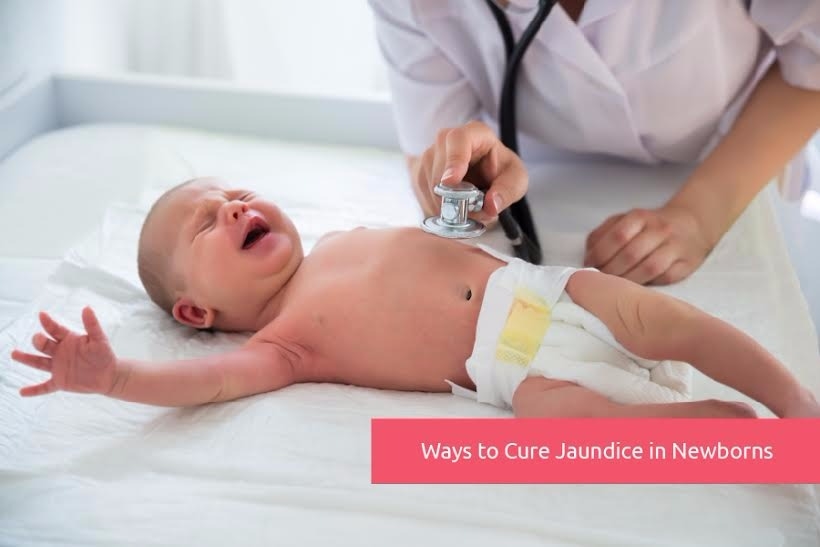
All you need to know about Jaundice in newborn babies – Part 2
18 Jul 2016 | 3 min Read
Dr. Savita Chaudhary
Author | 2 Articles
To understand what is neonatal jaundice and how can it be harmful to your baby, click here
What is the treatment for jaundice?
Mild jaundice often goes away without treatment; however, babies with high levels of bilirubin or severe jaundice may need treatment. Treatment depends on the level of bilirubin in your baby’s body and the cause of the jaundice. The level of bilirubin can be tested by a simple blood test. Based on the reports, the doctor can decide to start the treatment, the most common treatment for jaundice is phototherapy.
How does phototherapy help?
Phototherapy is treatment with artificial lights that are usually blue. The light helps your baby’s body break down the bilirubin so that it can be easily removed through bowel movements. This helps tackle jaundice in an effective way. The phototherapy is provided in the hospital under close supervision by the NICU staff. The baby’s vitals are monitored. They may suggest feeding your baby more often.
Follow up post phototherapy
If your baby has had jaundice or has been treated for jaundice, you should arrange to have a follow up visit with the doctor within 1-3 days after the baby has been discharged from the hospital. At the follow-up visit, your baby’s jaundice will be assessed along with their weight, feeding, urine and bowel movements. If your baby is showing signs of jaundice, they may need further treatment in hospital.
Precautions you need to take to avoid neonatal jaundice
Antenatal care:
1. Take care of yourself during your pregnancy and talk to your obstetrician about prenatal risk factors.
2. Be aware of your blood group and child’s father’s blood group.
3. Rh negative mothers should follow their Obstetrician advice and get counseled with regular follow ups (If the mother is Rh negative and the father is Rh positive, the mother can potentially carry a Rh positive baby. This causes antibodies in the mother to fight the Rh factor in the baby. The mother will require treatment with a product containing Rh immune globulin to prevent serious complications for the newborn, including jaundice.)
4. Antenatal screening during visits is extremely important.
5. Eat a well balanced diet and take prenatal vitamins throughout your term.
6. Get plenty of rest, especially in the third trimester. Excess activity and fatigue may cause you to go into labor early. One risk factor for jaundice is premature birth.
Post natal care:
1. Get the baby assessed for jaundice by your doctor if yellow discoloration is noticed.
2. Follow a regular feeding schedule and feed the baby every 2-3 hours, this improves bowel movement and removes bilirubin from body.
3. Follow the doctor’s advice and cooperate in treatment.
4. Ensure regular visits as per advice of your doctor..
This article is sponsored by: W Pratiksha Hospital
Explore the entire collection of articles:Baby’s Health
If you are reading this article on our website and have an Android phone, please download our APP here for a more personalised experience based on your lifestage.
A


Related Topics for you
Suggestions offered by doctors on BabyChakra are of advisory nature i.e., for educational and informational purposes only. Content posted on, created for, or compiled by BabyChakra is not intended or designed to replace your doctor's independent judgment about any symptom, condition, or the appropriateness or risks of a procedure or treatment for a given person.
